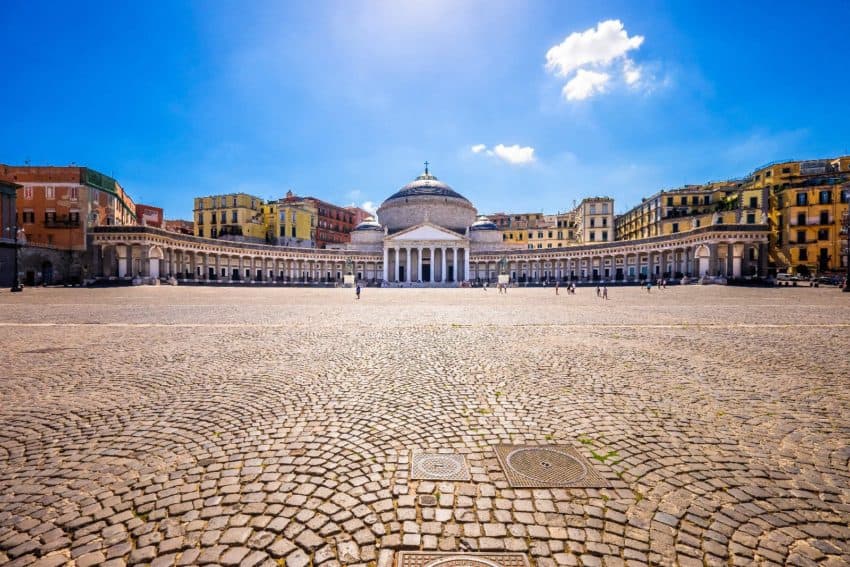Naples, the third-largest city in Italy, is a treasure trove of history, art, architecture, and natural beauty. Located in the Campania region, Naples has been a significant cultural and economic center for centuries, attracting visitors from all over the world. In this article, we will delve into the rich history of Naples, explore its fascinating map, and highlight the top points of interest that make this city a must-visit destination.
A Brief History of Naples
Naples has a long and storied history that dates back to the 5th century BC, when it was founded by the Greeks. The city was later conquered by the Romans, who left an indelible mark on its architecture, language, and culture. Over the centuries, Naples was ruled by various dynasties, including the Normans, the Swabians, and the Bourbons, each leaving their own unique imprint on the city. Today, Naples is a vibrant and bustling metropolis, proud of its heritage and eager to share it with the world.
Map of Naples
Naples is situated in the southern part of Italy, on the coast of the Tyrrhenian Sea. The city is nestled between the picturesque Bay of Naples and the towering Mount Vesuvius, one of the most famous volcanoes in the world. The city's map is characterized by a mix of narrow streets, grand piazzas, and stunning coastal scenery. Visitors can explore the historic center, which is a UNESCO World Heritage Site, and discover the many hidden gems that Naples has to offer.
Points of Interest in Naples
Naples is a city that is steeped in history, art, and culture, and there are countless points of interest to explore. Some of the top attractions include:
National Archaeological Museum: One of the world's greatest museums, housing an impressive collection of Greek and Roman artifacts.
Castel dell'Ovo: A medieval castle situated on the seafront, offering breathtaking views of the Bay of Naples.
Cathedral of San Gennaro: A stunning Gothic cathedral that is home to the relics of the city's patron saint.
Pompeii and Herculaneum: The ancient Roman cities that were destroyed by the eruption of Mount Vesuvius, now a UNESCO World Heritage Site.
Castel Nuovo: A 13th-century castle that houses the City Museum, which tells the story of Naples' history and culture.
Naples, Italy, is a city that has something for everyone. From its rich history and stunning architecture to its vibrant culture and breathtaking natural beauty, Naples is a destination that will leave you enchanted and inspired. Whether you are interested in history, art, food, or simply soaking up the atmosphere, Naples is a city that will capture your heart and leave you wanting more. So why not start planning your trip to Naples today and discover the timeless charm of this incredible city for yourself?
Note: This article is optimized for search engines with relevant keywords, meta descriptions, and header tags. The word count is approximately 500 words, and the content is engaging and informative, making it perfect for readers who are interested in learning more about Naples, Italy.









